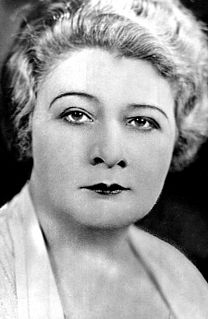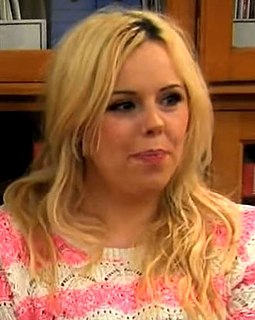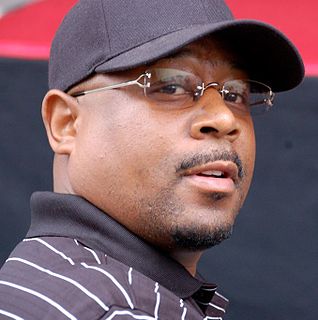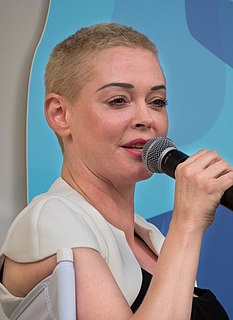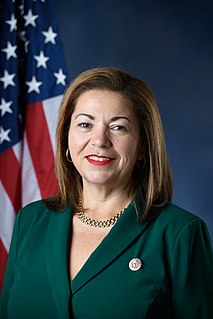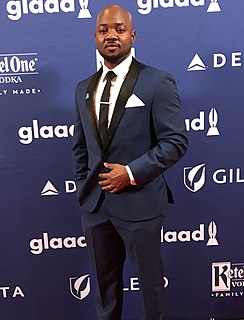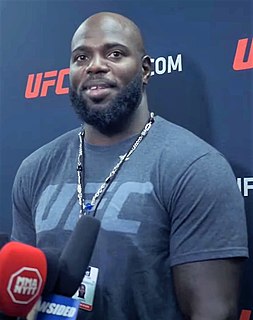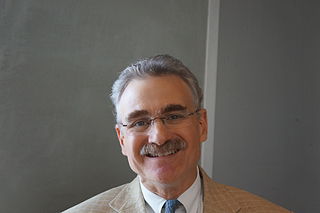A Quote by Mike Myers
Well, I like how people talk. I like language. You know, Linda Richman spoke in Yiddish.
Related Quotes
I have tons of stuff that, you know, seems like it's a well-constructed sentence but it is not how people talk, it's how people write. So that's why I think it's sometimes easier for me to write for actors 'cause I know what's frustrating about, you know, sentences that come out just perfect. Well, who talks like that? And who of us don't overlap each other? Except on the radio, hopefully.
Even though I loved the song [My Yiddish Momme] and it was a sensational hit every time I sang it, I was always careful to use it only when I knew the majority of the house would understand Yiddish. However, you didn't have to be a Jew to be moved by 'My Yiddish Momme.' 'Mother' in any language means the same thing.
It's botherin' me, man. You know, you can't say this, you can't say that, I'm like, well, how am I gonna talk about the world? You know? I mean I need to talk about something to you all, can I - can I do it? Can I talk to y'all? I mean, I hope the kids are in bed, you know, because I got to talk, y'all.
Yiddish, originally, in Eastern Europe was considered the language of children, of the illiterate, of women. And 500 years later, by the 19th century, by the 18th century, writers realized that, in order to communicate with the masses, they could no longer write in Hebrew. They needed to write in Yiddish, the language of the population.
In Europe there's kind of a reaction to the European Union, kind of a move towards some kind of regionalization. It's more advanced in some regions than others, like in Spain for example. Catelan was repressed under Franco. People spoke it, but not publicly. It's now the language of Catelonia. The Basque language is being revived, not just the language but the culture, the folk music and everything else. So you're getting more diverse societies, and it's happening in Britain as well.
There's this belief sometimes from people who haven't lived the trans experience that's just like, 'You should tell everyone. You owe it to them.' But the truth is, you don't know how people are going to respond. And many people don't even have the language to talk about what their trans experience is, or what it could be.
Filmmaking materials are in the hands of more people now than ever before. I would like to think that the more people have these tools, the more people will learn how to use them, it's another argument I would argue for, personally, for art's education. Because there are kids who aren't that literate in screen language and they've got to know how people select shots, how people edit audio, how people combine things to make what they see on the screen. It would be like the 15th century or the 16th century in Germany, and somebody amends a printing press and you don't know how to read and write.




